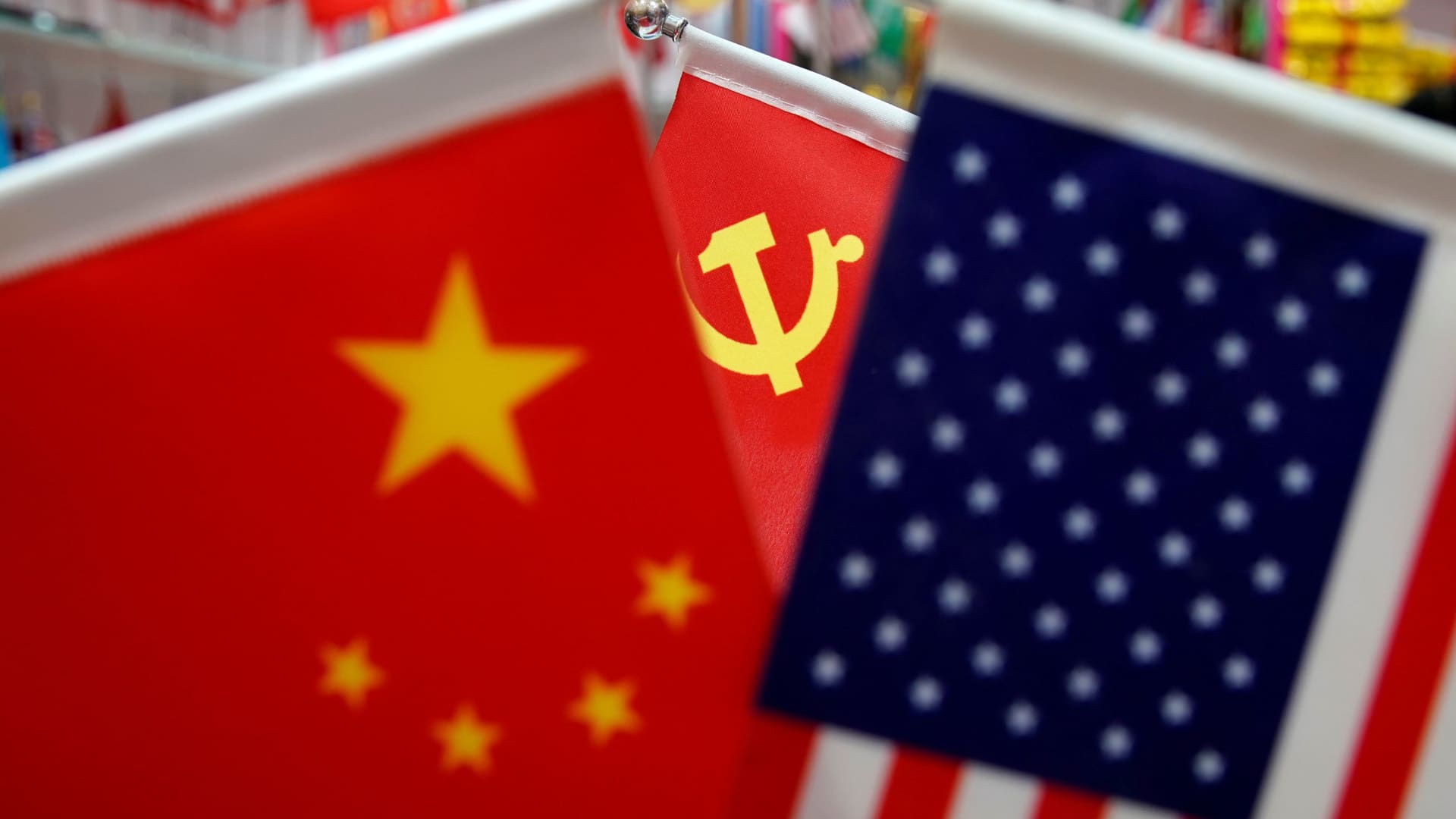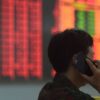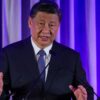A flag stall on the Yiwu Wholesale Marketplace in Zhejiang province, China, on Might 10, 2019.
Aly Music | Reuters
BEIJING — China emphasised the will for higher cooperation with the U.S., a time nearest it was sunlit President-elect Donald Trump would turn into the later chief of the White Area.
“The Chinese side is willing, on the basis of mutual respect, peaceful coexistence and win-win cooperation, to increase communication with the U.S., expand cooperation and resolve differences,” He Yongqian, spokesperson at China’s Ministry of Trade, advised journalists Thursday in Mandarin, in step with a CNBC translation.
She was once responding to a query about China’s perspectives and deliberate countermeasures, given the opportunity of higher U.S. price lists and restrictions on high-end tech.
“Together [we can] push China-U.S. economic and trade relations toward a stable, healthy and sustainable direction, for the benefit of both countries and the world,” the trade spokesperson stated.
Her feedback echoed the ones of Chinese language President Xi Jinping, who previous within the time famous the advantages of bilateral cooperation in a congratulatory message to Trump, in step with a Ministry of Overseas Affairs readout.
Washington became harder on Beijing underneath Trump’s first four-year time period that started in 2017. This 12 months, the president-elect threatened supplementary price lists on Chinese language items age campaigning for his 2d mandate.
Yue Su, essential economist on the Economist Understanding Unit, stated Trump will most likely impose such price lists within the first part of later 12 months. She added that the Whiote Area chief may just accelerate the method by way of invoking the International Emergency Economic Powers Act or Division 122 of the Business Function of 1974, which permits the president to impose price lists of as much as 15% in response to a serious balance-of-payments deficit.
Alternative analysts are much less all in favour of a vital building up in U.S. price lists focused on China.
“Trump’s current tariff proposal is likely the worst-case scenario,” David Chao, World Marketplace Strategist, Asia Pacific (aside from Japan) at Invesco, stated in a observe Thursday. “I suspect the new administration will hold off imposing these tariffs in order to win concessions, whether that may be more purchases of American soybeans or even geopolitical ones.”
He added, “More so, I don’t think Trump’s proposed 60% tariff policy on China will significantly impact [multinational corporations’] confidence or sentiment.”
Chao nonetheless stated {that a} doable 10% tariff on all exports to the U.S. would most likely have a larger have an effect on, weakening world call for and hitting China and the left-overs of Asia.
















